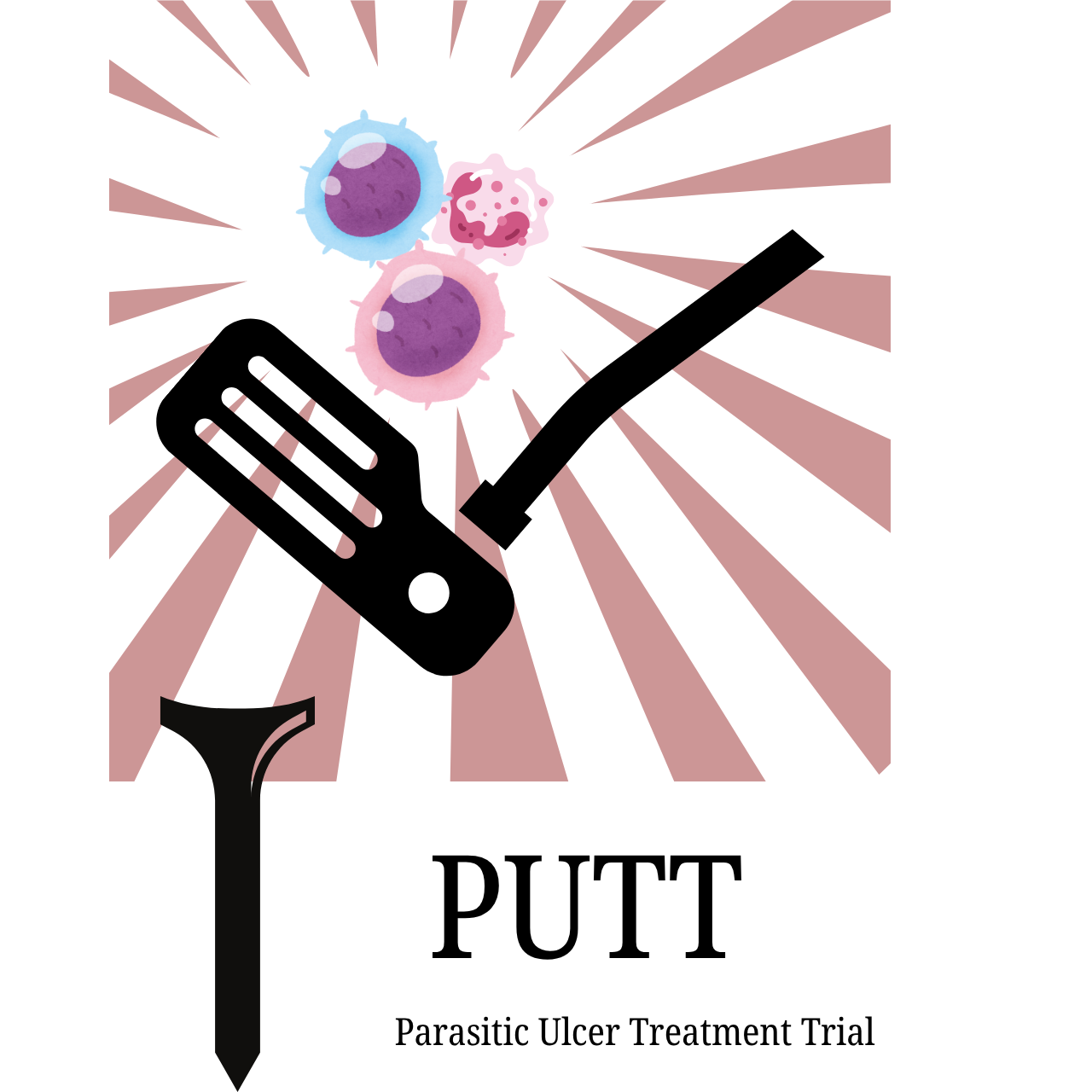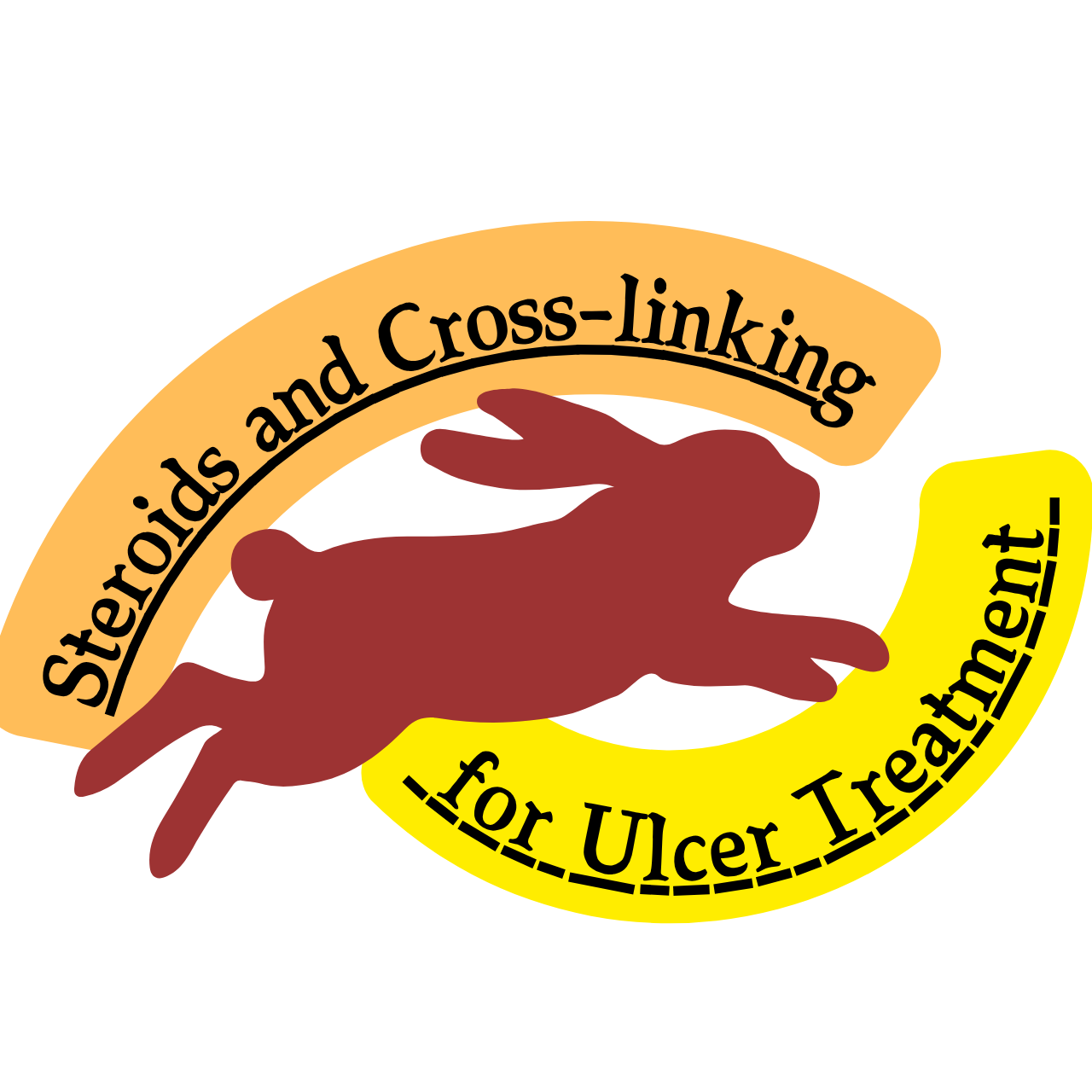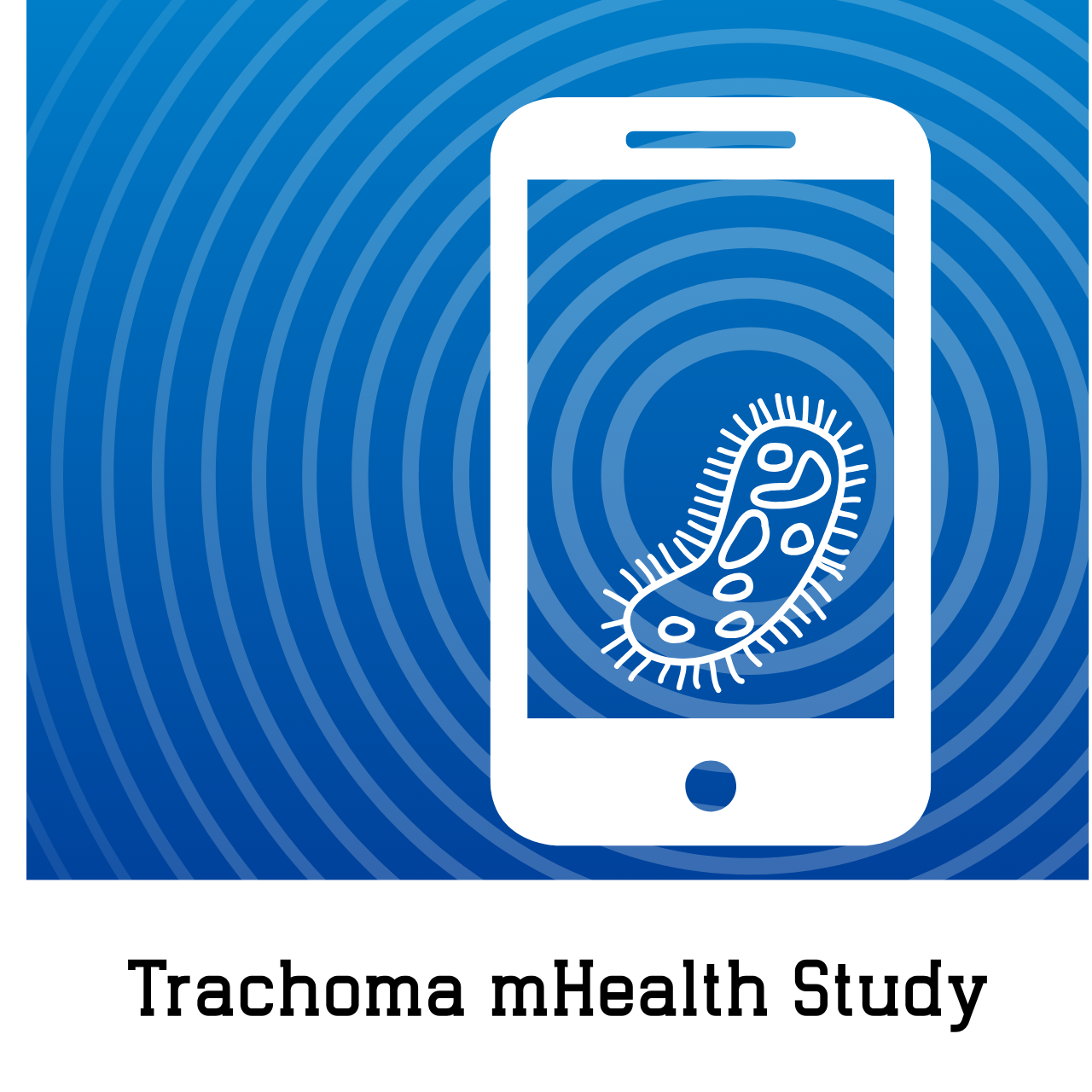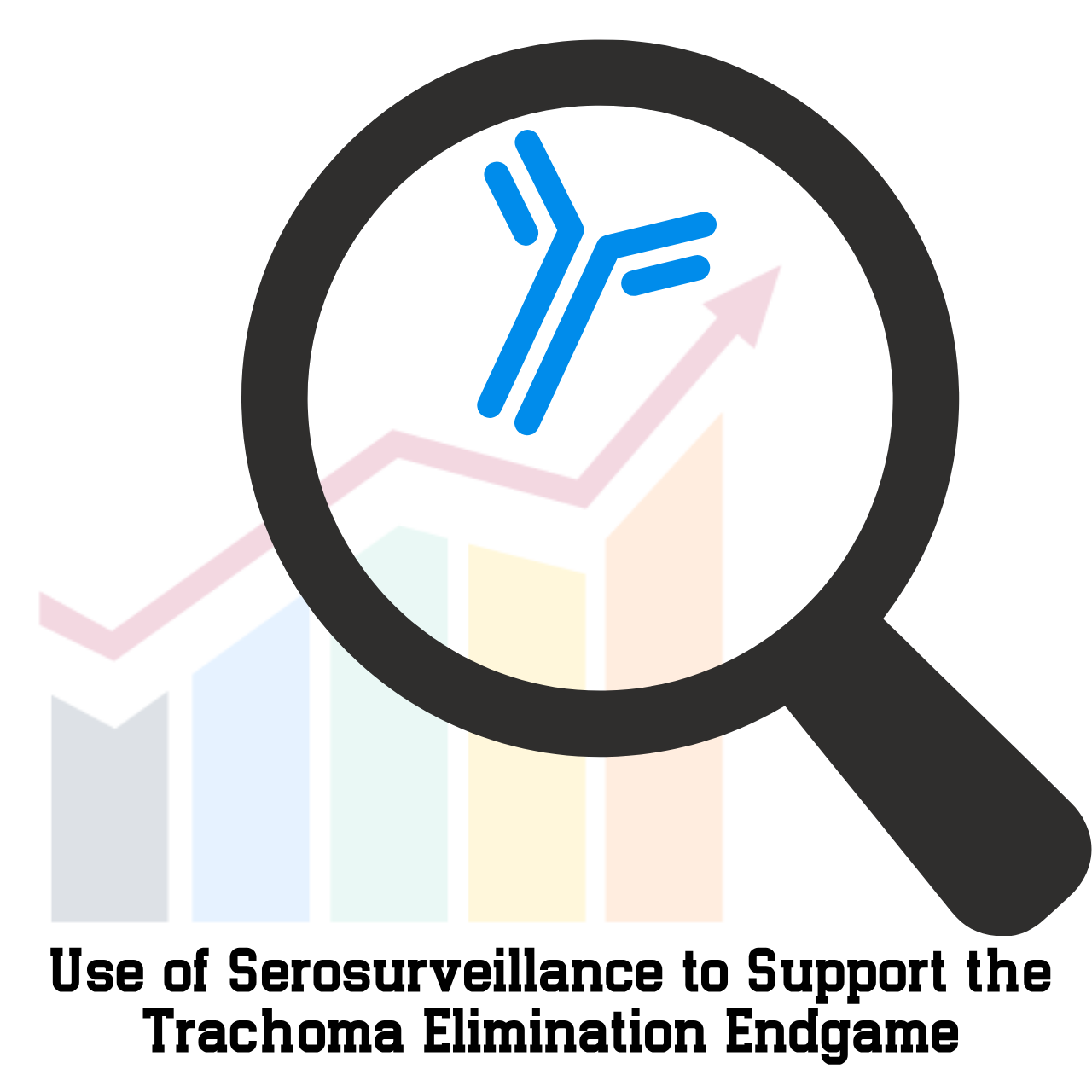International Programs
The Proctor Foundation was founded in 1947 for the specific aim of eradicating trachoma worldwide. Since that time, it has evolved into a major research and teaching unit at UCSF, with the Foundation’s goal remaining the prevention and treatment of blindness worldwide. The International Programs division at Proctor has taken over the original goal of the foundation and has focused on the prevention of blindness programs around the world. CLICK HERE FOR MORE

Adalimumab in Juvenile Idiopathic Arthritis-associated Uveitis Stopping Trial (ADJUST)
The proposed study is a stratified, block-randomized, double-masked, controlled trial to determine the feasibility of discontinuing adalimumab treatment in patients with quiescent uveitis associated with juvenile idiopathic arthritis (JIA) or chronic anterior uveitis (CAU)
For more please visit: https://clinicaltrials.ucsf.edu/trial/NCT03816397

AVENIR I and II
AVENIR I was designed to compare age-based approaches to targeting azithromycin mass drug administration (MDA) to reduce mortality among children in Niger. In addition, AVENIR I included substudies to determine optimal approaches to implementation as a program. In AVENIR II, we are expanding the azithromycin MDA for child survival nationwide in Niger and developing rigorous approaches to monitoring mortality and antimicrobial resistance in a programmatic setting.
PI: Kieran O'Brien, PhD and Thomas M. Lietman, MD
For more please visit: https://pubmed.ncbi.nlm.nih.gov/33926403/
Comprehensive Analysis of Pathogens, Resistomes, and Inflammatory-markers in the CORNea
This study takes advantage of international collaborations and recent advances in genomic technologies to identify pathogens and provide regional AMR profiles to these infections. The results of this study may help to decrease AMR proliferation and improve diagnostics and therapeutic approaches for infectious keratitis, thus reducing the worldwide burden of corneal blindness.
For more please visit: https://doanlab.ucsf.edu/research/capricorn
Remote Dry Eye Feasibility Study
Remote Dry Eye Feasibility Study is a single-site feasibility research initiative aimed at assessing the practicality of conducting dry eye clinical research remotely. This pilot study explores novel, decentralized approaches to dry eye research by evaluating whether participants can reliably complete symptom surveys and collect tear samples at home using self-administered kits, which are then mailed for analysis.
For more please visit: https://proctor.ucsf.edu/remote-dry-eye-study
Ocular Rosacea microBiome Study
The Ocular Rosacea microBiome Study (ORBS) is a pioneering international, multi-site research initiative designed to explore the impact of different dosing strategies of doxycycline on the treatment of symptomatic ocular rosacea. This parallel-arm randomized clinical trial will investigate sub-microbial versus antibiotic dosing of doxycycline compared to a placebo, aiming to enhance our understanding of the disease and improve therapeutic outcomes.
For more please visit: https://proctor.ucsf.edu/orbs

Parasitic Ulcer Treatment Trial (PUTT)
A randomized trial to determine if topical steroids are safe and effective for improving vision in acanthamoeba keratitis. The Parasitic Ulcer Treatment Trial (PUTT) is a multi-center, parallel-group, randomized clinical trial. The purpose of this study is to determine whether including topical corticosteroids in a regimen for acanthamoeba keratitis (AK) will improve vision. Patients presenting to all enrollment centers with evidence of acanthamoeba keratitis will be eligible for the trial if there is evidence of ocular inflammation after 4 weeks of anti-amoebic therapy.
For more please visit: clinicaltrials.ucsf.edu
Seasonal Conjunctivitis Outbreak Reporting for Prevention and Improved Outcomes
SCORPIO is an international, multi-site study that takes advantage of advances in genomic technologies to enhance our understanding of conjunctivitis epidemics globally by identifying the pathogens involved, characterizing the evolution of pathogen genomes across time and space, and defining the immune responses to these infections. We hope to improve prevention methods and help to curtail spread, thus reducing the burden on cost and human ocular morbidity.
For more please visit: https://doanlab.ucsf.edu/research/scorpio

Steroids and Cross-linking for Ulcer Treatment (SCUT II)
SCUT II is an international, randomized, double-masked clinical trial. The purpose of this study is to determine differences in 6-month visual acuity between medical antimicrobial treatments alone versus antimicrobial treatment plus collagen cross-linking (CXL), as well as to further evaluate findings from subgroup analyses of SCUT. Patients presenting to the Aravind Eye Care System (India), Kaiser Permanente Northern California (USA), or UCSF (USA) with smear-positive and/or culture-positive typical bacterial corneal ulcers and moderate to severe vision loss (Snellen visual acuity of 20/40 or worse) are eligible. Participants are randomized to one of three treatment groups.
For more please visit: https://clinicaltrials.ucsf.edu/trial/NCT04097730

Trachoma mHealth Study
A study to determine the feasibility and validity of integrating visual acuity assessment and autorefraction with trachoma surveys in the Peruvian Amazon.

Use of Serosurveillance to Support the Trachoma Elimination Endgame
Seroepidemiology is the use of antibodies in blood to measure infectious disease transmission. The Proctor Foundation is working with colleagues at the CDC, WHO, and The Carter Center to study how populations' antibody signatures to Chlamydia trachomatis (the causative pathogen for trachoma) change as they approach and achieve elimination. This NIH-funded study harmonizes measurements from over 60,000 children aged 1–9 throughout Africa, Asia, and Latin America to develop statistical methods that track transmission and guide WHO guidelines.
For more please visit: https://www.ncbi.nlm.nih.gov/pmc/articles/PMC6038749/

Village Integrated Eye Worker (VIEW) Trial I & II
A cluster-randomized trial to determine if community-based screening for eye diseases can improve community vision. The objective is to assess the efficacy of antibiotic ointment prophylaxis to reduce corneal ulcer incidence and blindness. The study compares communities receiving an intensive early-intervention program for corneal abrasions versus standard-of-care controls.
PI: Thomas M. Lietman, MD & Jeremy Keenan, MD, MPH
For more please visit:
https://globalprojects.ucsf.edu/project/village-integrated-eye-workers-trial



